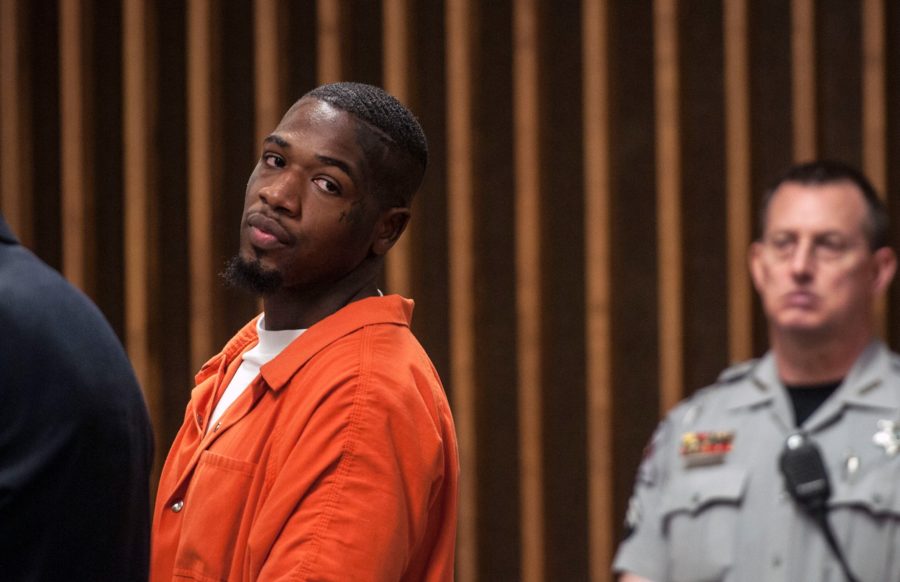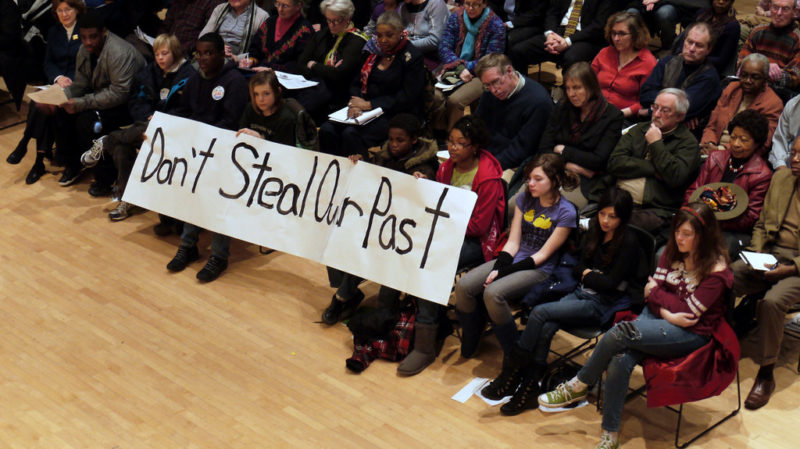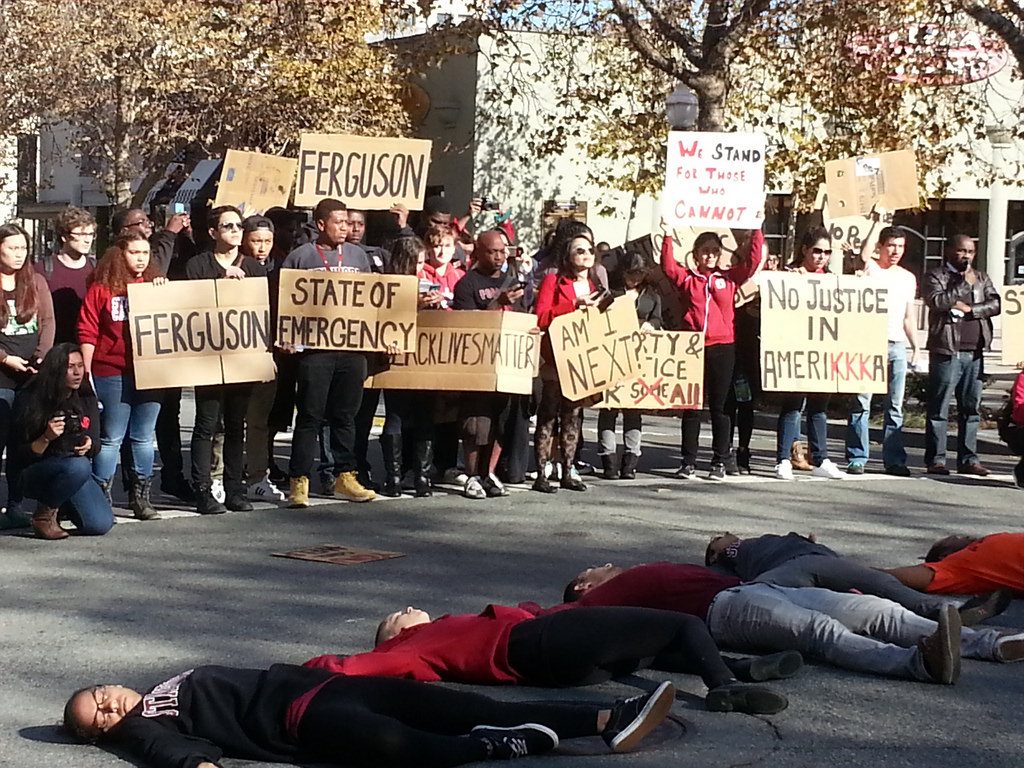I am a sixty years old black man who has been fighting for social justice and fairness for low- income communities here in Durham North Carolina for the last 27 years. I have seen a lot of changes come into our communities that at the time I felt good about, housing has been improved, we have more and better parks and playgrounds, downtown Durham has come back to life and there are more things to do, access to main highways are being improve and a lot of different jobs are coming into the area. The problem I see now is that with all of these good things happening in Durham, not many poor blacks are benefiting, in fact we are being forced out of our neighborhoods, are young blacks men and women aren’t getting the good paying jobs and the black owned businesses are dying out. Try as I can, I don’t know how to turn this around or where to start, Any ideals?
Black Lives Matter: My Fayetteville Experience of Losing Black Citizens

The Black Lives Matter movement isn’t saying that black lives are more important than white lives, or blue lives, or any other color of life.
It is a title to open a discussion on social injustices and a relevant social issue, but it makes people uncomfortable. Uncomfortable because it brings up racial inequities in the treatment of people, particularly by police officers.
Fayetteville has not seen an incident that would fetch national attention like in the case of Mike Brown, or Eric Garner, but that didn’t stop people from calling the Fayetteville Police Department (FPD) issuing over 60 death threats in 6 hours, in the wake of the Dallas shootings July 8th.
The FPD, under the guidance of Chief Harold Medlock, takes extraordinary precautions to avoid the situations that would lead to the death of a citizen, any citizen, regardless of race. But still, we are divided, on edge, and quite frankly paranoid.
So how do we open the conversation?
The Role of Grass Roots Community Development Organizations within Community Development Initiatives

We have witnessed and participated in the dialogue between community, politicians, government, nonprofits and other stakeholders when a well-meaning economic development initiative came to a community they care for. Old East Durham is a community undergoing rapid transformation, with issues of displacement and gentrification widely acknowledged. Economic benefits for the members of the community whose profiles in material poverty were used to justify the initiative very much remain an open question.
We are aware that the portrayal in this article of politicians, government officials and nonprofits is somewhat flattened and that these stakeholders, individually and collectively, have additional incentives, but the incentives we focus on exist, dominate, and are ignored at great peril to the community. Continue Reading
Is there a sharp line between political protest and civic engagement?

This blog is about “civic engagement” when most engagement is considered “normal” or “orderly” efforts to hear citizens and respond to their needs. Is there a sharp line between political protest and civic engagement? Is there a useful way to address the protests about police killings?
I’ll offer a few thoughts.
Protests about the deaths of Michael Brown in Ferguson, Missouri; Tamir Rice in Cleveland; Eric Garner in New York – and others– have taken many forms. Groups of North Carolina residents responded in several towns to the decision of a grand jury not to indict Darren Wilson, the Ferguson police officer who killed Brown; and the decision of a NYC grand jury not to issue charges against the police officers who arrested Eric Garner. For example: Asheville, Charlotte , Durham (and in mid-December, Durham mayor reminds citizens of protest rules) and Raleigh.